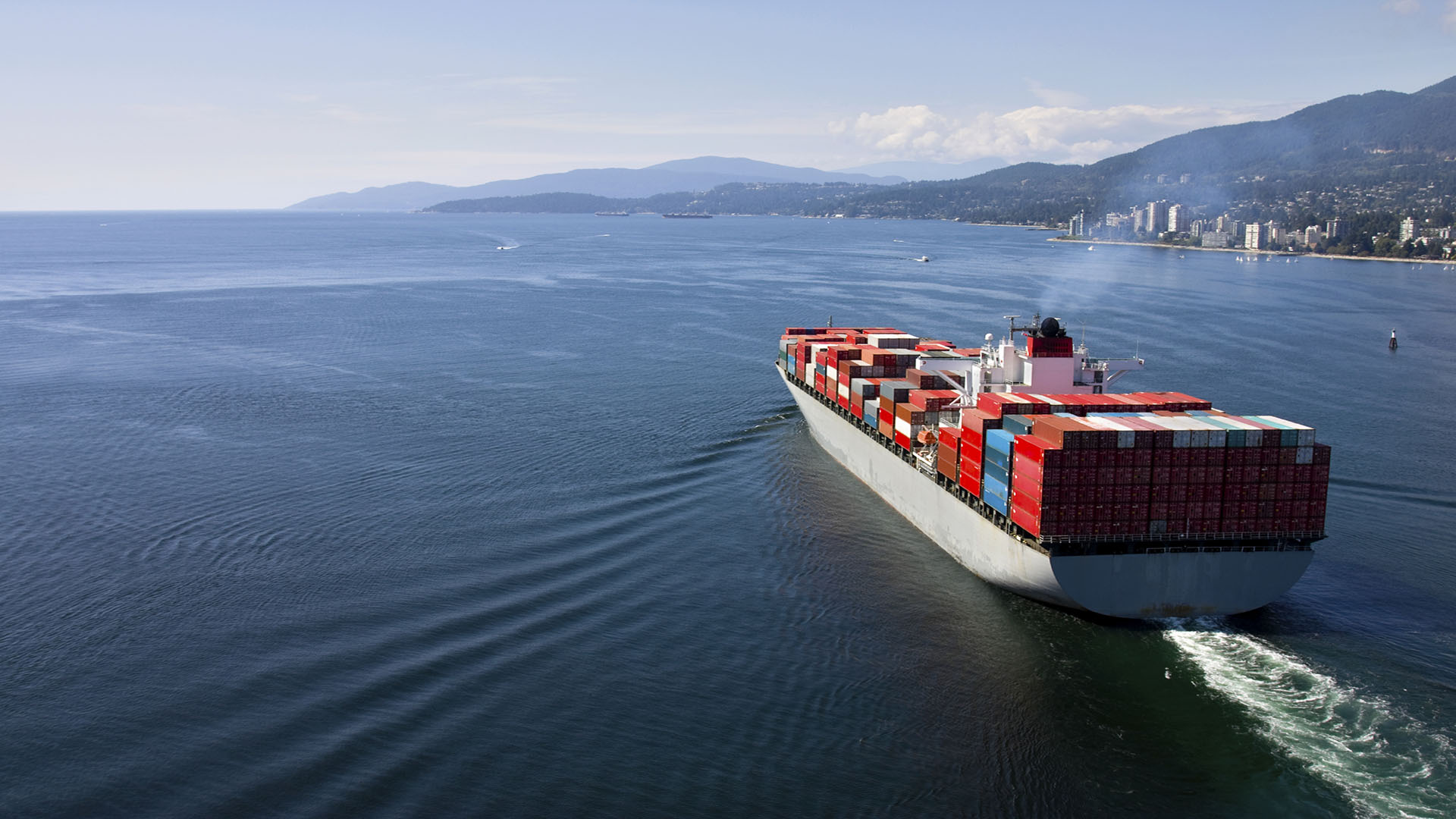
United States Sanctions on the Government of Venezuela and Petroleos de Venezuela
United States Sanctions on the Government of Venezuela and Petroleos de Venezuela, S.A. (PdVSA).
Background
On 5th August 2019, the United States (US) administration increased its sanctions programme against the Government of Venezuela, when President Trump issued Executive Order 13884. This Executive Order essentially blocks all property in the US of the Government of Venezuela, and prohibits US persons from engaging in any transaction with the Government of Venezuela. However, on the same day, a number of General Licenses were issued, which apply directly to US persons. These include:
(a) General License 28 which gave US persons until 4th September 2019 to wind-down their operations, contracts or other agreements, involving the Government of Venezuela. The Government of Venezuela, for these sanction purposes includes all government agencies and any entity owned or controlled, directly or indirectly, by the Venezuelan government or its agencies including PdVSA.
(b) General License 30 which authorizes all transactions and activities involving the Government of Venezuela that are ordinarily incident to operations or use of ports or airports in Venezuela, save where related to (a) the exportation or re-exportation of diluents, directly or indirectly, to Venezuela or (b) where otherwise prohibited,
Executive Order 13884 is in addition to the sanctions provisions of Executive Order 13850 under which, among others, the oil sector of Venezuela and PdVSA are also targeted. Executive Order 13850 remains in effect.
Trade with PdVSA or Venezuela’s oil sector
Without pre-authorisation from the US Treasury Office of Foreign Assets Control (OFAC), all US persons will continue to be prohibited from engaging in any dealings with PdVSA or any entity in which PdVSA owns, directly or indirectly, a 50 percent or greater interest. In addition, non-US persons could be subject to designation under Executive Order 13850, as amended, for operating within the oil sector of the Venezuelan economy, or for having materially assisted, sponsored, or provided financial, material, or technological support for, or goods or services to or in support of PdVSA, including the exportation or re-exportation of diluents to PdVSA.
Potential enforcement against US and non-US persons
The legal position of US persons trading with Venezuela or Venezuelan interests is clearer than it is for non-US persons who face less certainty. US policy towards Venezuela is opaque, potentially fast moving and subject to change and there is a significant risk that new measures or sanctions may be introduced, with little or no forewarning from the US administration.
The US administration has, however, made it clear via various media, including tweets from senior White House advisors, as well as more conventional routes through State Department and US Treasury announcements, that its sanctions regime on Venezuela will expand. This may expose non-US persons to a heightened risk of sanctions, if they provide material assistance to the Government of Venezuela (which is widely defined in EO 13850 and EO 13884).
The effect of so-called secondary sanctions on non-US persons could result in listing as a specially designated entity (SDN), which could and is likely to result in exclusion from using the US dollar currency and banking system. Trade partners and counterparties of SDNs may find it difficult to continue with business relationships. Contracts may contain sanctions clauses, which allow parties to extricate themselves from contractual obligations, if such counterparties could or would be exposed to a risk of sanctions, potentially resulting in contractual penalties if or when contracts cannot be fulfilled.
Based on past practices, there exists a strong possibility that after 4th September, being the date on which the wind-down period ended for US persons, the US authorities may turn closer attention to non-US persons if they are perceived to be providing the Venezuelan Government with material assistance. Members are therefore advised to exercise caution if they engage in activities that involve Venezuelan interests.
In particular, Members are advised against engaging in activities involving the Venezuelan oil sector and/or PdVSA, which was designated to the SDN list by the Department of the Treasury’s Office Foreign Assets Control on 28th January 2019. US authorities have previously designated non-US shipowners for having shipped Venezuelan oil, see Member Alert of 22 April 2019.
Impact of Venezuela sanctions on P&I cover
Executive Orders 13850 and 13884 authorise the impositions of sanctions against any person (not just a US person) under certain circumstances. By way of example, section 1(a)(iii) of E.O. 13850 authorises the imposition of sanctions against any person who provides material assistance to, or services in support of, any person whose property and interests in property are blocked pursuant to E.O. 13850 (which includes PdVSA). If a Member was designated under either Executive Order, then that shipowner’s property would be blocked pursuant to that E.O.
In such circumstances, the insuring club would be at risk of breaching US sanctions, given that OFAC may consider that the continued provision of P&I cover amounted to both material assistance and a service in support of a designated shipowner.
Members are reminded that claims arising out of unlawful trading or blockade running are excluded from cover and pooling, and the club may under its rules terminate or suspend cover for any period during which it is unlawful to provide P&I insurance to a member arising out of the imposition of sanctions. Further, the club would not be able to provide insurance to a vessel or owner that had been designated by the US for breach of sanctions.
In addition, it is unlikely that the club would be able to make a full recovery under the Group Excess Loss reinsurance contract, in respect of a claim in excess of the Pool Retention (currently US$100million) connected with Venezuela, because a number of the participants on the reinsurance programme are subject to US primary sanctions and such payments would be unlawful. Such shortfalls in recovery may run to many millions of dollars and under the rules of all International Group clubs would fall to the Member, if they arose as a result of an inability to pay as a result of sanctions.
Are Diesel and Kerosene cargoes to Venezuela exempt?
The US administration has not set out a formal exemption for the carriage of diesel or kerosene to Venezuela. There is therefore a risk that the carriage of such cargoes may attract a sanction. US authorities may provide pre-authorisation for the carriage of diesel or kerosene, depending on the circumstances, but this will be considered by the authorities on a case-by-case basis. Members are accordingly advised to act with extreme caution if they enter into these fixtures.
It is possible that OFAC will publish additional FAQs which will provide clearer guidance on the ramifications for non-US persons who choose to engage in Venezuela trades that could be subject to sanctions, but until new guidance is available from OFAC, Members are advised to continue to carry out appropriate due diligence and exercise caution when fixing voyages with a Venezuela oil sector touch point.
![]()

All clubs in the International Group have issued a similarly worded circular.